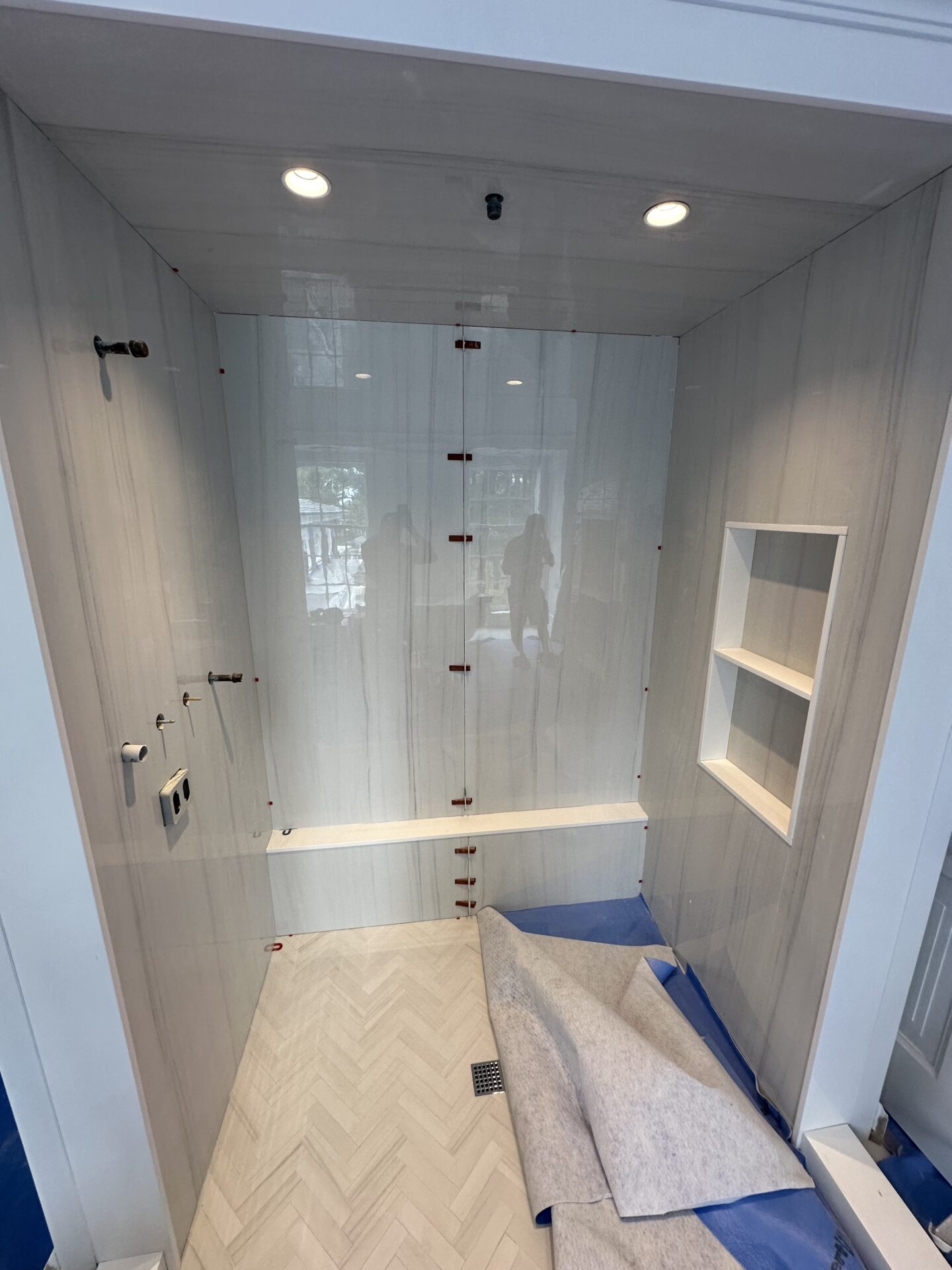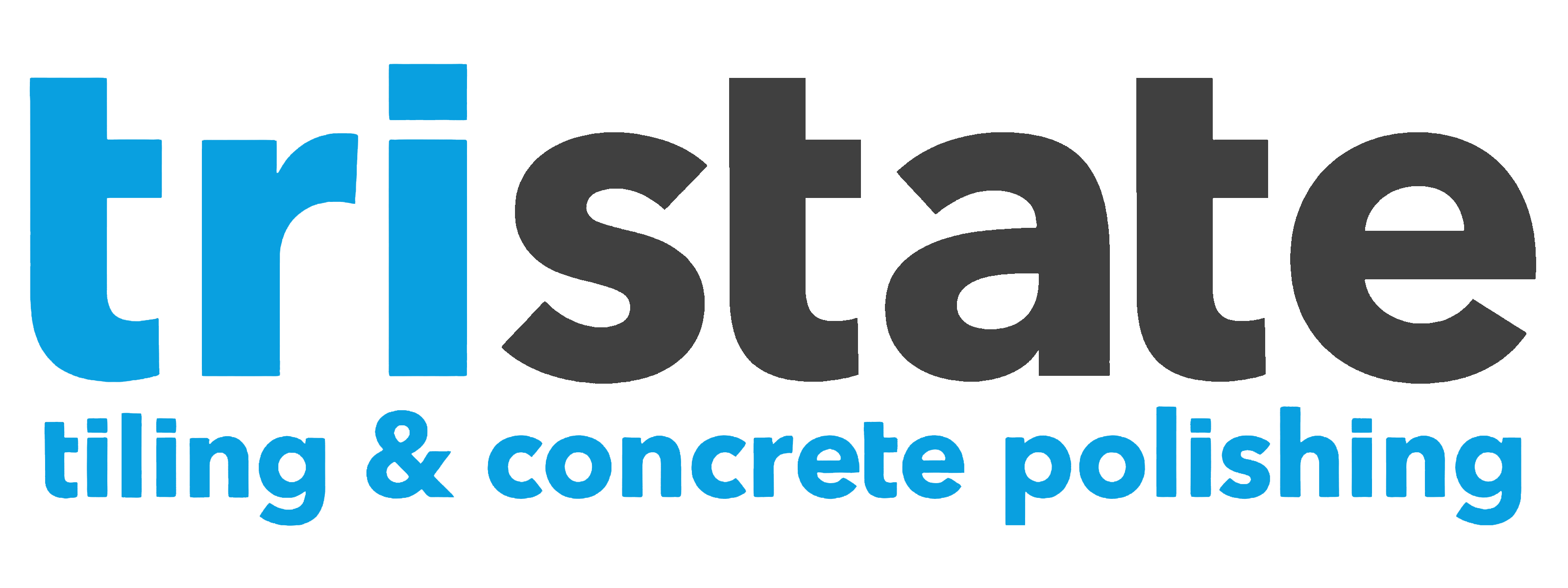
| Question Category | Why It Matters | Red Flag Response |
|---|---|---|
| Licensing & Insurance | Protects you from liability and ensures legal compliance | Can’t provide current certificates or documentation |
| Connecticut Experience | Local climate knowledge prevents costly failures | No Connecticut-specific examples or understanding |
| Project Timeline | Realistic scheduling prevents frustration and delays | Promises unrealistically fast completion |
| Warranty Details | Protects your investment long-term | Vague promises or no written warranty |
| Payment Terms | Fair payment structure protects both parties | Demands large upfront payment or cash only |
You’ve found a tile contractor whose price seems reasonable and whose portfolio looks impressive. But before you sign that contract and hand over a deposit, stop. The questions you ask right now could save you thousands of dollars and months of frustration – or lead you straight into a renovation nightmare that haunts you for years.
Connecticut homeowners lose millions annually to unqualified contractors who promise beautiful results but deliver cracked tiles, failed waterproofing, and legal battles over who’s responsible for fixing the mess. The worst part? Most of these disasters are completely preventable by asking the right questions before work begins.
This comprehensive guide reveals the essential questions that separate truly qualified contractors from smooth-talking amateurs. You’ll learn what answers to expect, which responses raise red flags, and how to protect your investment before signing anything. Because when it comes to hiring a tile contractor in Connecticut, what you don’t ask can absolutely hurt you.
Critical Questions About Licensing and Insurance
Start here – if a contractor can’t provide satisfactory answers to these questions, walk away immediately. No exceptions.
1. What’s your Connecticut contractor license number?
Connecticut law requires contractors performing work over $200 to be licensed through the Department of Consumer Protection. This isn’t optional or negotiable – it’s the law.
Why it matters: Licensed contractors have met minimum requirements for knowledge and accountability. More importantly, Connecticut’s Home Improvement Guaranty Fund may provide recourse if licensed contractors fail to complete work or correct defects.
What to do: Verify the license number directly through Connecticut’s Department of Consumer Protection website. Don’t just trust a license number – actually verify it.
Red flags: Can’t provide a license number, claims they “don’t need one” for your project, or provides a number that doesn’t verify.
2. Can you provide current certificates of insurance?
Ask for both general liability insurance and workers’ compensation coverage. General liability protects you if the contractor damages your property; workers’ comp protects you if someone gets injured on your property.
Why it matters: Without proper insurance, YOU could be liable for injuries to workers or damage caused during installation. This could cost hundreds of thousands of dollars and potentially force you to sell your Connecticut home.
What to do: Request certificates listing you as an additional insured. Call the insurance company directly to verify coverage is current – contractors have been known to show expired certificates.
Red flags: Can’t provide certificates, provides obviously outdated certificates, or claims insurance “isn’t necessary” for your project.
Legal Protection: Connecticut law allows you to verify contractor licensing at portal.ct.gov/DCP. Hiring unlicensed contractors not only risks poor work but also eliminates your legal recourse if problems arise.
Questions About Experience and Expertise
Technical competence separates contractors who create beautiful, lasting installations from those who create expensive problems.
3. How long have you been working specifically in Connecticut?
Connecticut’s unique climate, building codes, and architectural styles require specific experience. Out-of-state contractors may have general skills but lack knowledge about Connecticut’s freeze-thaw cycles, humidity challenges, and local requirements.
Look for: At least 5+ years of Connecticut-specific experience. Ask about projects in your specific area – coastal, inland, and historic district requirements all differ.
Follow-up questions:
- “How do you handle Connecticut’s freeze-thaw cycles?”
- “What challenges have you encountered with Connecticut’s humidity?”
- “Are you familiar with historic preservation requirements in [your town]?”
4. Can you provide references from similar recent projects?
Generic references aren’t helpful. You need contacts from projects similar to yours completed within the last year.
What to ask references:
- Did the project finish on time and on budget?
- How did the contractor handle unexpected issues?
- Was the work area kept clean and secure?
- Would you hire them again?
- Any issues after installation was complete?
Red flags: Can’t provide any references, only offers references from projects completed years ago, or references are all friends/family.
5. What types of projects do you specialize in?
Contractors who claim to “do everything” often excel at nothing. Look for specialists whose experience aligns with your project needs.
For luxury bathroom renovations: You want contractors experienced with high-end materials, complex waterproofing, and sophisticated design. Luxury bathroom expertise requires different skills than basic installations.
For historic homes: Look for proven experience with preservation requirements and period-appropriate materials.
For commercial projects: Verify experience with ADA compliance, commercial-grade materials, and accelerated timelines.
Technical Knowledge Questions
These questions reveal whether contractors truly understand tile installation or just talk a good game.
6. How will you prepare the substrate for my project?
Substrate preparation is critical for successful tile installation. Contractors should provide detailed answers about assessing and preparing the surface beneath your tiles.
Good answers include:
- Moisture testing of concrete slabs
- Leveling compound application where needed
- Crack isolation membrane installation
- Proper backer board selection and installation
- Waterproofing membrane systems
Red flags: Vague answers like “we’ll make sure it’s ready” or claims that existing surfaces are “probably fine” without assessment.
7. What waterproofing system will you use?
This is crucial for bathrooms, kitchens, and any moisture-prone areas. Connecticut’s humidity makes proper waterproofing essential for preventing mold and structural damage.
Expect specifics like:
- Brand names of waterproofing membranes
- Application methods and number of coats
- How they’ll handle corners, penetrations, and transitions
- Flood testing procedures before tile installation
Professional waterproofing isn’t optional in Connecticut’s climate – it’s essential for long-term success.
8. What materials do you recommend for my specific application?
This question reveals whether contractors understand material properties and Connecticut’s climate challenges. Good contractors should explain why certain materials work better than others for your specific situation.
They should discuss:
- Water absorption rates for your application
- Freeze-thaw resistance for outdoor or unheated spaces
- Slip resistance for wet areas
- Maintenance requirements for different materials
- Cost-benefit trade-offs between options
Technical Test: If contractors can’t explain the difference between porcelain and ceramic tiles, or don’t understand why certain materials work better in Connecticut’s climate, they lack the expertise your project deserves.
Project Management and Timeline Questions
Understanding how contractors manage projects helps set realistic expectations and avoid schedule disasters.
9. What’s the realistic timeline for my project?
Experienced contractors provide detailed timelines broken down by project phases. Be wary of promises that seem too good to be true.
Typical Connecticut timelines:
- Standard bathroom: 1-2 weeks
- Large bathroom or master suite: 2-3 weeks
- Kitchen backsplash: 2-4 days
- Whole-house flooring: 3-6 weeks depending on size
Ask about:
- How weather affects outdoor projects
- Material lead times and availability
- Inspection requirements and scheduling
- Buffer time for unexpected issues
10. Who will actually be doing the work?
Will the person you’re meeting with actually install your tiles, or will they subcontract to others?
Why it matters: Quality control is harder when work is subcontracted. You need to know who’s responsible if problems arise.
Follow-up questions:
- “Will the same crew work my entire project?”
- “What supervision and quality control do you provide?”
- “How do you handle communication during the project?”
11. What happens if you encounter unexpected problems?
Every project has surprises. Good contractors have protocols for handling them professionally.
Good answers include:
- Immediate communication about problems
- Written change orders before additional work
- Solutions-focused approach
- Reasonable markup on unexpected work
Red flags: Claims nothing will go wrong, vague answers about “handling it,” or suggestions that problems are always the homeowner’s fault.
Financial and Contract Questions
Money matters require clear agreements that protect both parties.
12. What’s included in your estimate?
Get detailed breakdowns, not just a total number. Understanding what’s included prevents surprise charges later.
The estimate should specify:
- All materials with quantities and quality levels
- Labor costs broken down by task
- Substrate preparation requirements
- Demolition and disposal
- Cleanup and protection of other areas
- Permits if required
13. What’s your payment schedule?
Fair payment structures protect both parties. Connecticut law limits initial payments to one-third of the contract value or $1,000, whichever is less.
Reasonable payment schedules:
- Small deposit (10-15%) to secure schedule
- Progress payments tied to completion milestones
- Final payment only after completion and your satisfaction
- All payment terms in writing
Red flags: Demands for 50% or more upfront, cash-only payments, or pressure to pay before work is complete.
14. What warranty do you provide?
Written warranties protect your investment beyond the installation date.
Look for:
- At least 1-year labor warranty
- Clear coverage of what’s included
- Written warranty document
- Process for warranty claims
- Manufacturer warranties on materials
Questions Specific to Connecticut Requirements
17. How do you account for Connecticut’s climate in your installations?
This reveals whether contractors truly understand local conditions or just use generic techniques.
They should discuss:
- Freeze-thaw cycle protection
- Humidity management in installations
- Expansion joint placement
- Seasonal timing considerations
- Material selection for outdoor applications
18. Are you familiar with requirements in my town/historic district?
Connecticut building codes vary by municipality, and historic districts have additional requirements.
Ask about:
- Permit requirements for your project
- Historic preservation guidelines if applicable
- Local inspector relationships
- Building code compliance strategies
The Bottom Line: Trust Your Instincts
Beyond specific answers, pay attention to how contractors respond. Good contractors welcome questions and provide clear, confident answers. Those who dodge questions, provide vague responses, or pressure you to decide quickly should raise concerns.
Professional tile contractors understand that informed clients make better decisions and have more realistic expectations, leading to smoother projects and happier outcomes for everyone involved.
Frequently Asked Questions
How many contractors should I interview before making a decision?
Interview at least three contractors to compare answers, approaches, and pricing. This gives you perspective on what’s reasonable and helps identify outliers who may be underqualified or overpriced.
Should I always choose the lowest bid?
No. Extremely low bids often indicate shortcuts, inexperience, or plans to charge for “unexpected” work later. Focus on value – the best combination of quality, service, and fair pricing – rather than just the lowest price.
What if a contractor can’t answer some of these questions?
Inability to answer basic questions about licensing, insurance, or technical approaches indicates either inexperience or dishonesty. Either way, it’s a clear sign to look elsewhere for a contractor who can provide satisfactory answers.
